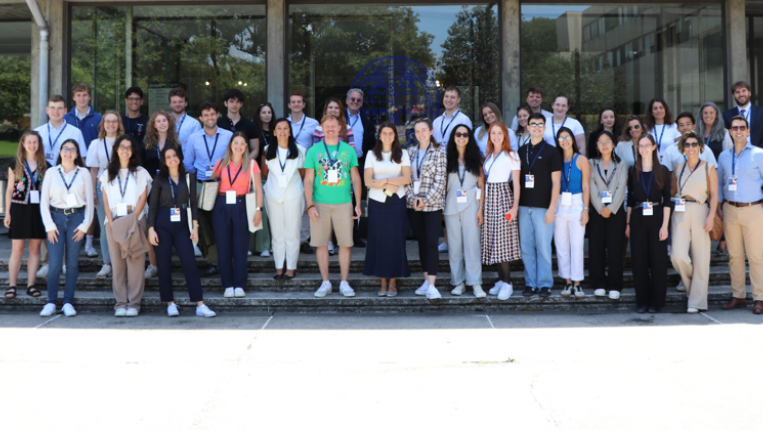ln this seminar the expected outcome is that students will understand the key moments in the historical evolution of the world since WWII, linking this evolution with the situation in the world today by analysing the political, social and economic processes.
They will analyse the causes and consequences of WWII, the process of decolonisation, the Cold War, the welfare state in Western societies and its questioning with the arrival of neo-liberalism in the 1980s.
The strengthening of the USSR under Stalinism, its evolution until the fali of the Soviet Union and the end of a bipolar world. The Twin Towers attack and its consequences and the current situation of a multipolar world with the appearance of emerging countries.
Syllabus
- Causes and consequences of the WII. The Treaty of Versailles, the emergence of Nazism, Fascism and Stalinism. Land disputes in Europe and the weakness of liberal democracies. The Allied Conferences.
- The Cold War: triggers, consequences, new bipolar international arder.)
- Western Europe after WWII: the Welfare State, Lord Keynes, the agreement between Christian Democracy and the Socialists (Bad Godesberg). The ECSC: a new paradigm for Western Europe
- Eastern Europe: from Stalinism to Brezhnev. Mao's China.
- Decolonisation (1945-1975). The British and French ways. Israel.
- The emergence of neo-ilberalism in the 1980s: Thatcher, Reagan and the Chicago School of Economics.
- The fali of the Soviet Union and German unification.
- The emergence of lslam and the rise of jihadism.
- The fali of the Twin Towers.
- The emergence of a new multipolar international arder. Yetakerinburg, BRICS, 2009. China as a new international power.




